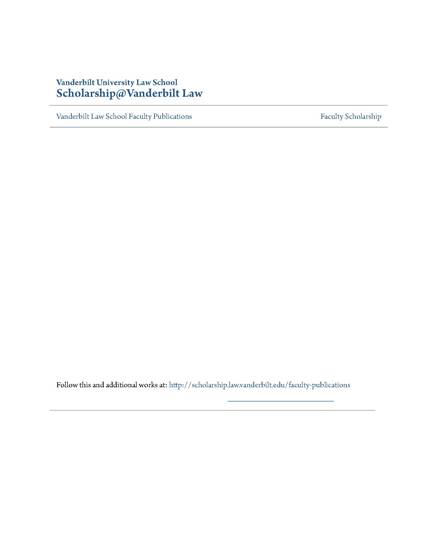
- copyright,
- infringement,
- test,
- improper appropriation,
- Arnstein
The traditional (Arnstein) test for copyright infringement is satisfied when the owner of a valid copyright establishes unauthorized copying by the defendant. To demonstrate unauthorized copying, one of the major tests is that the plaintiff must first show that her work was actually copied; second, she must establish substantial similarity and/or that the copying amounts to an improper or unlawful appropriation. The second prong is satisfied when (i) protected expression in the earlier work was copied and (ii) the amount of the copyrighted work that is copied must be more than de minimis. This Article examines, first, how impropriety has been applied in copyright infringement cases, and, second, whether the test could (doctrinally) and should (normatively) perform additional work as we move ever more into an era of massive creative reuse of existing works, whether as appropriation art, user-generated content or otherwise. The Article suggests that the notion of propriety should play an enhanced role, especially in cases of reuse of pre-existing copyrighted works.
Available at: http://works.bepress.com/daniel_gervais/94/
